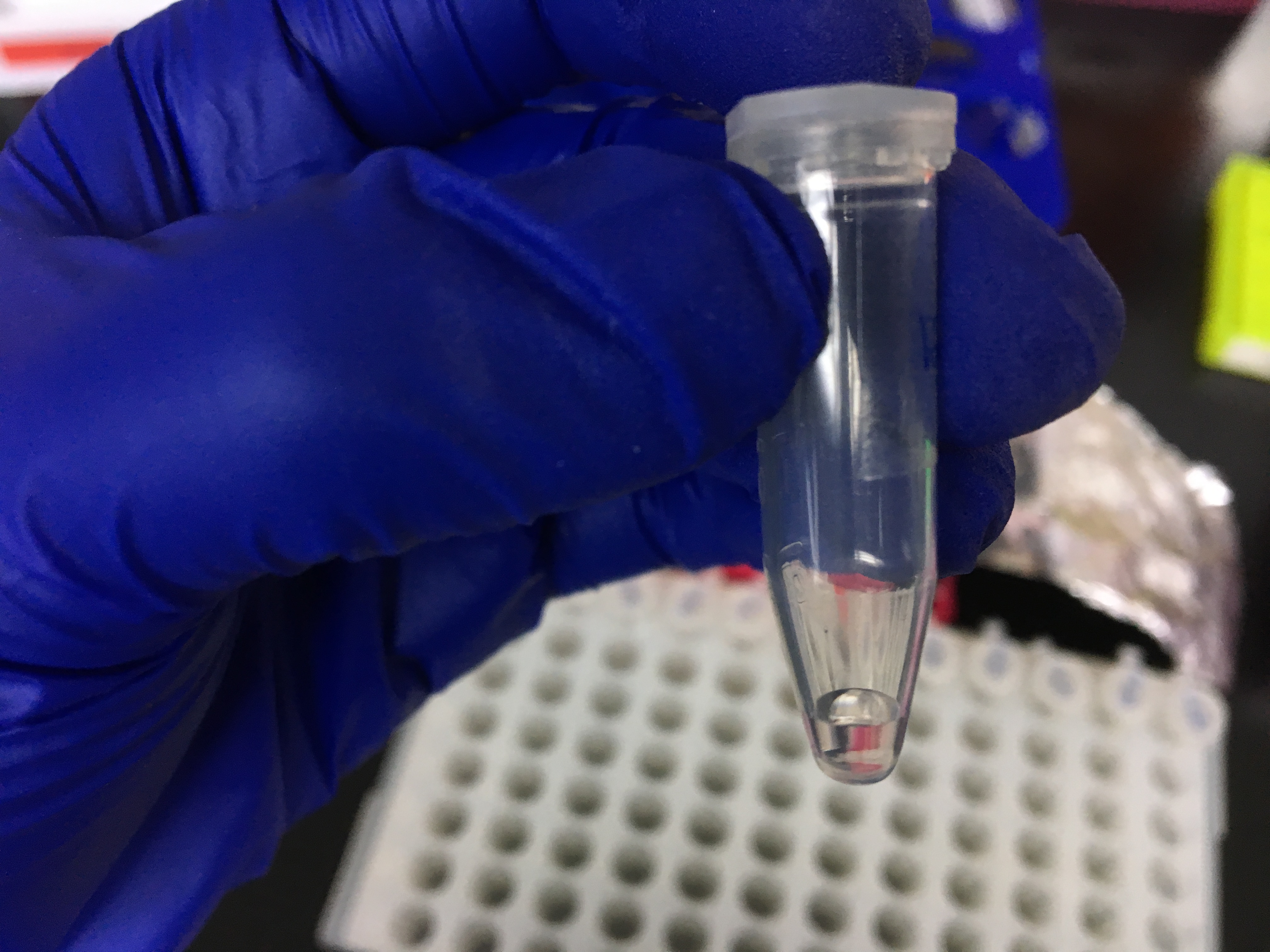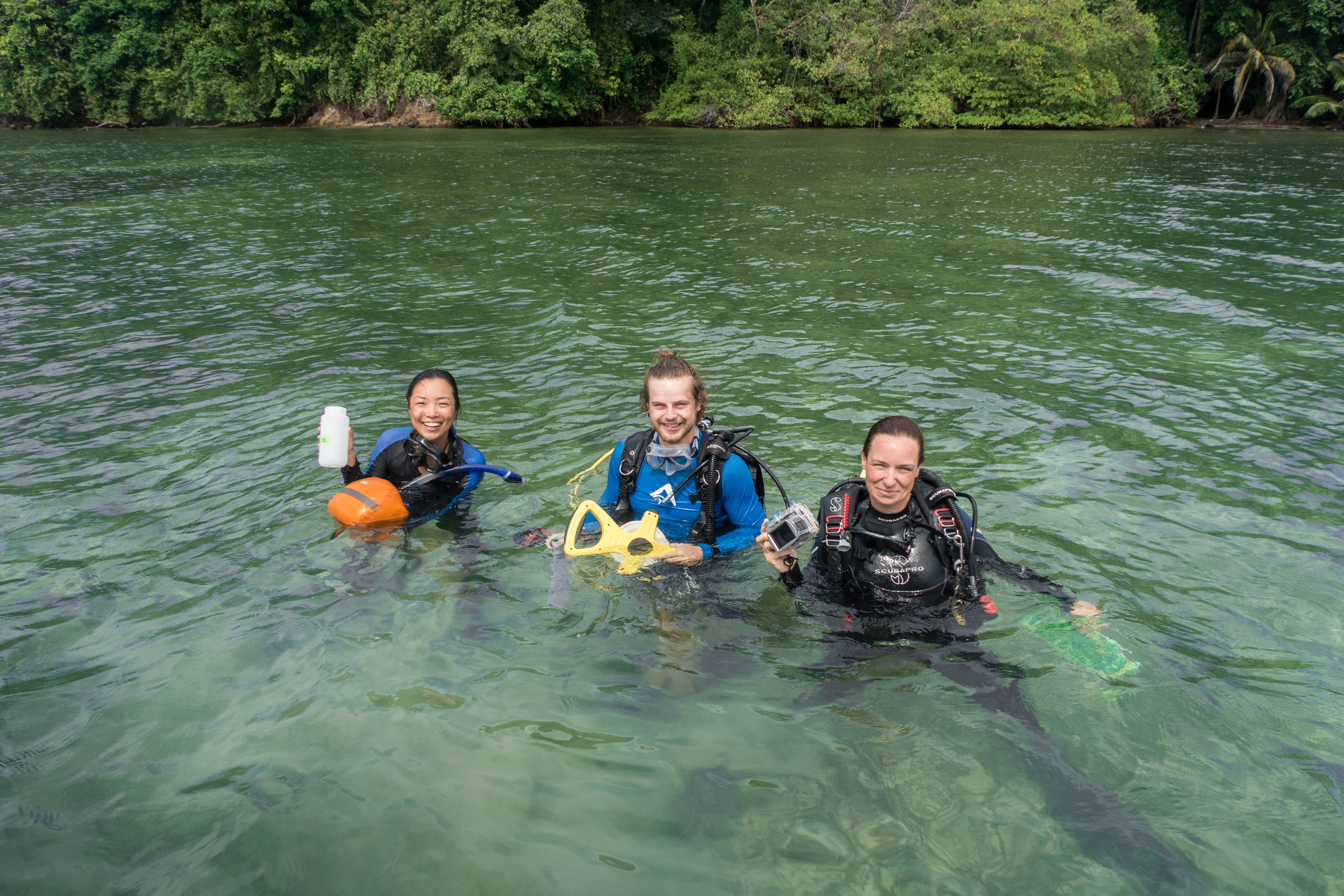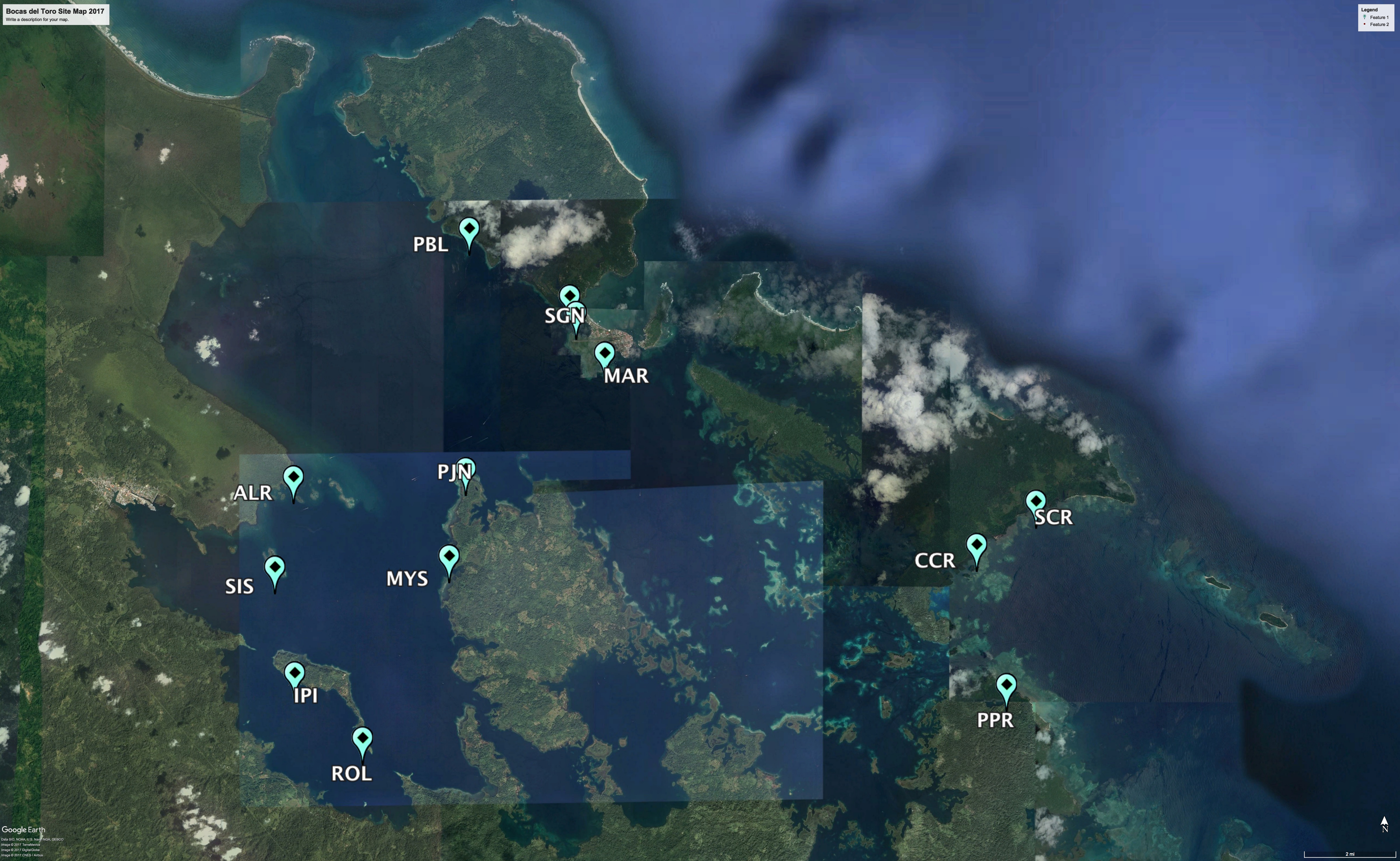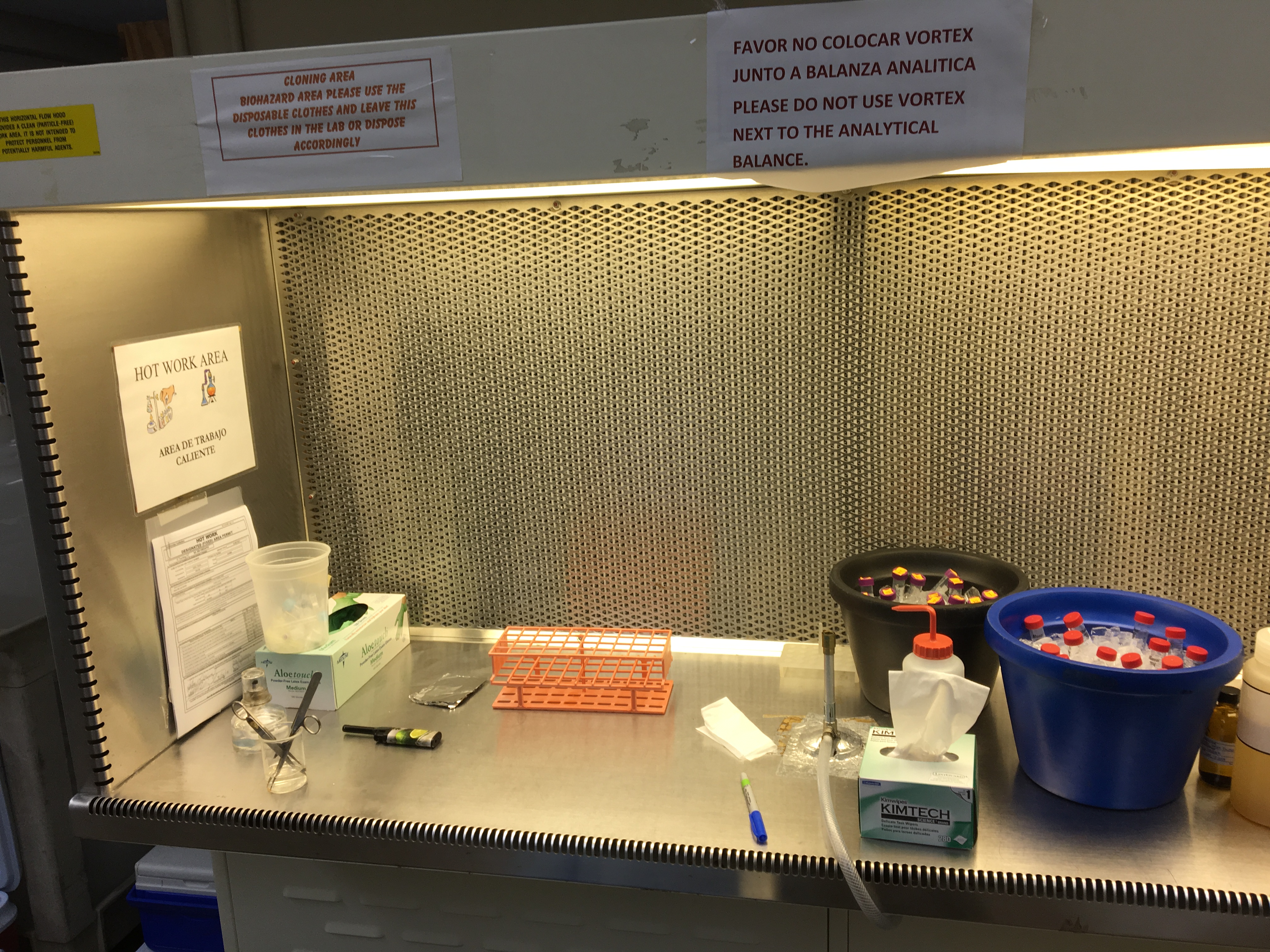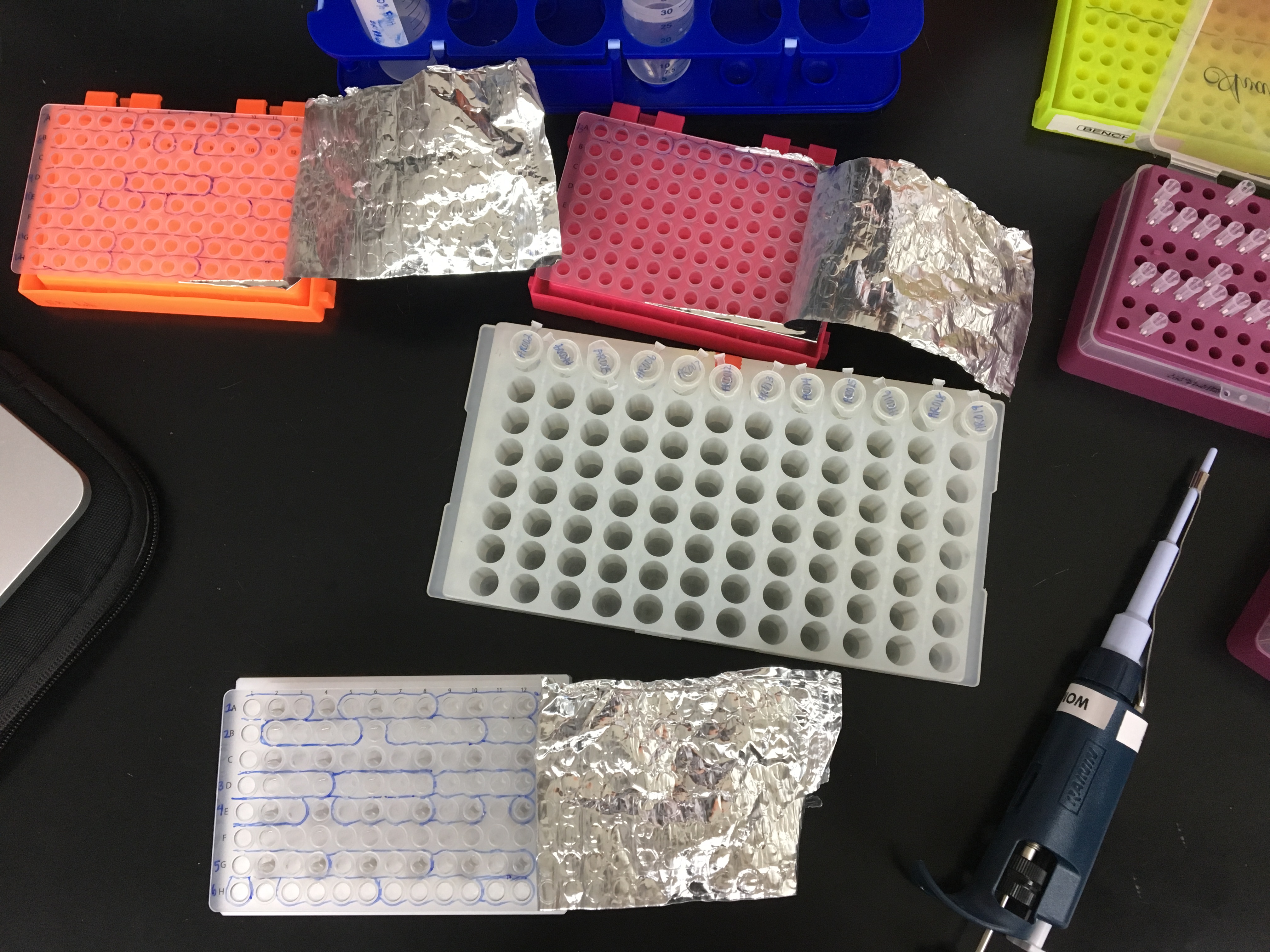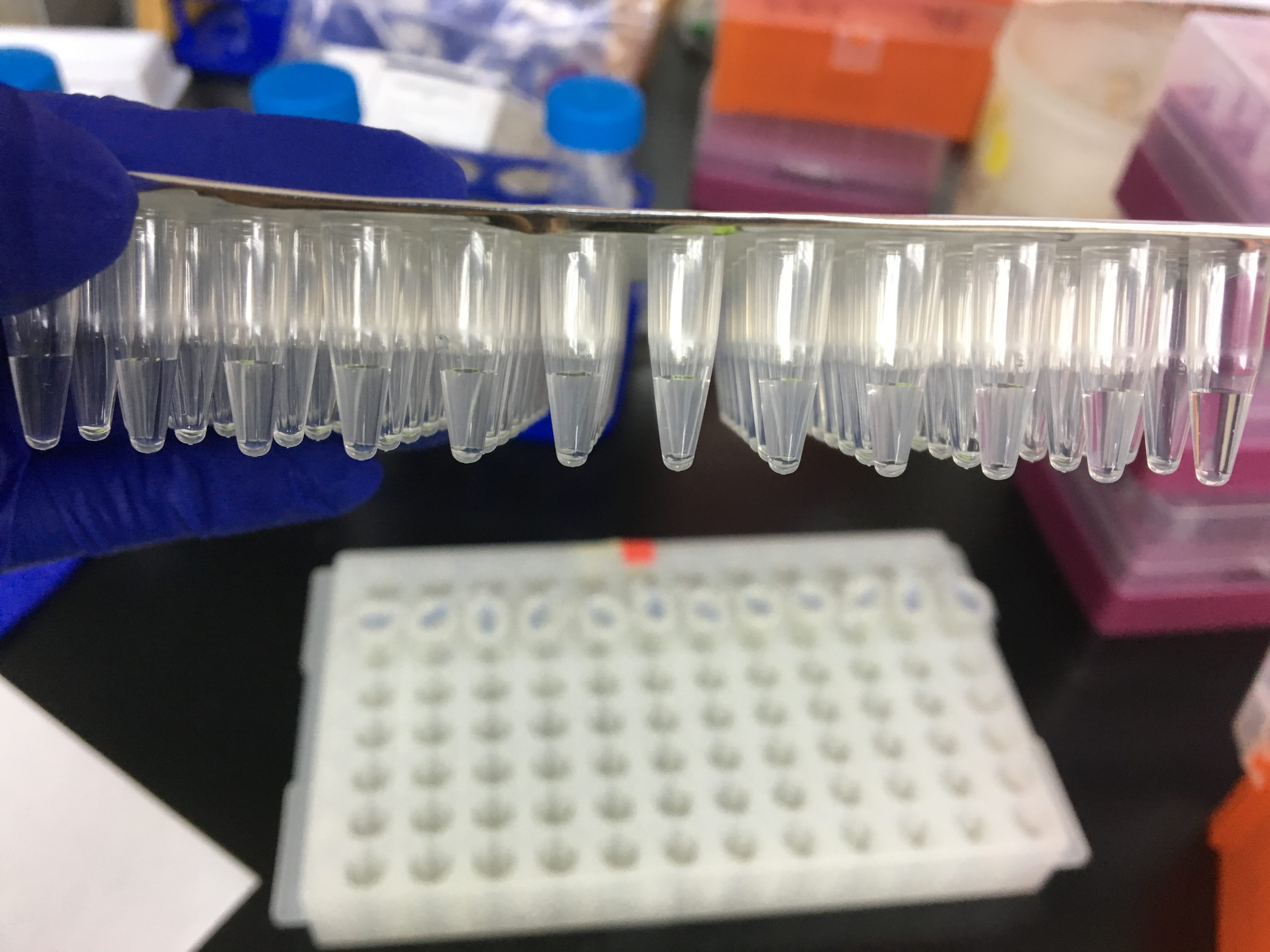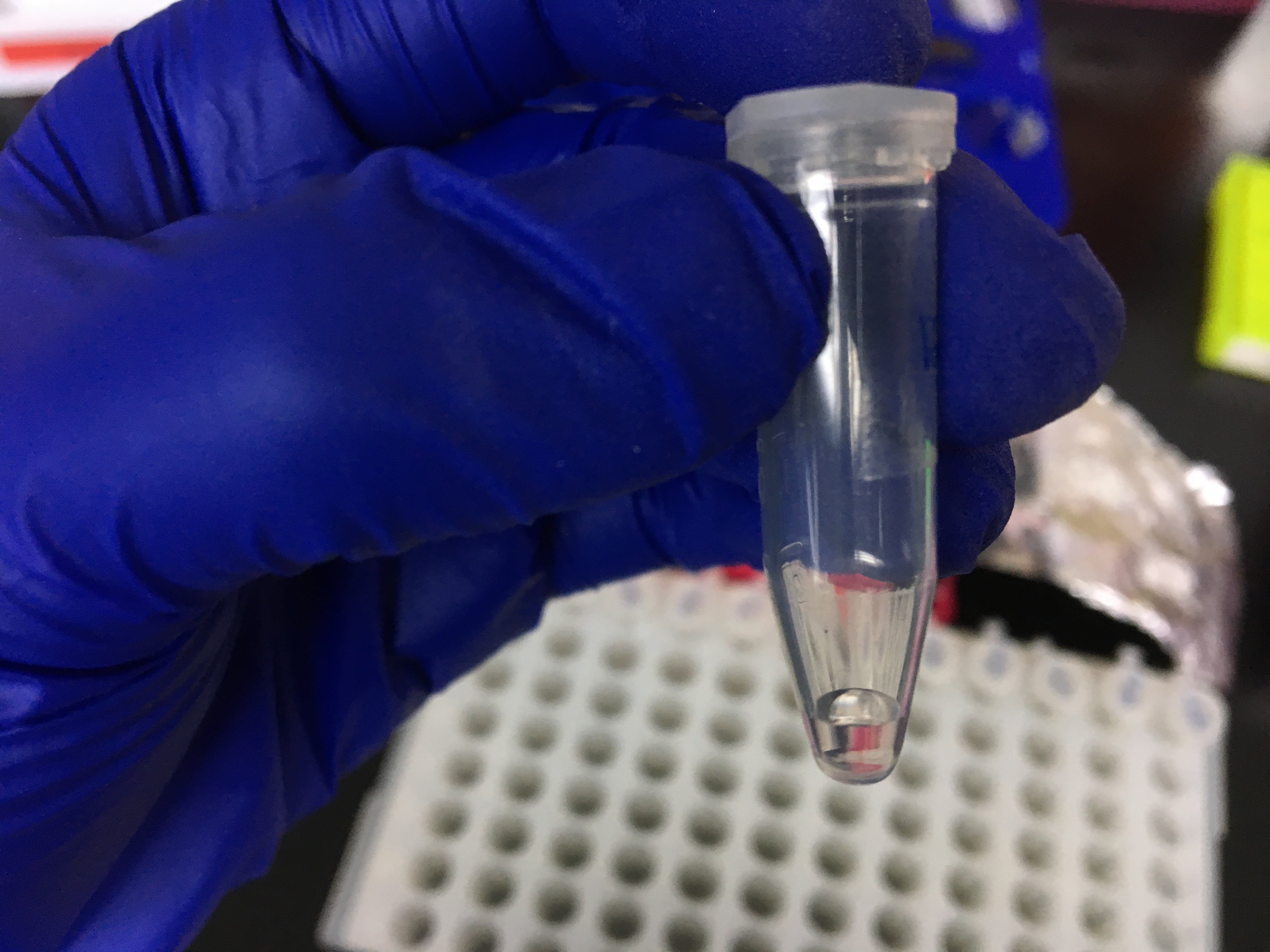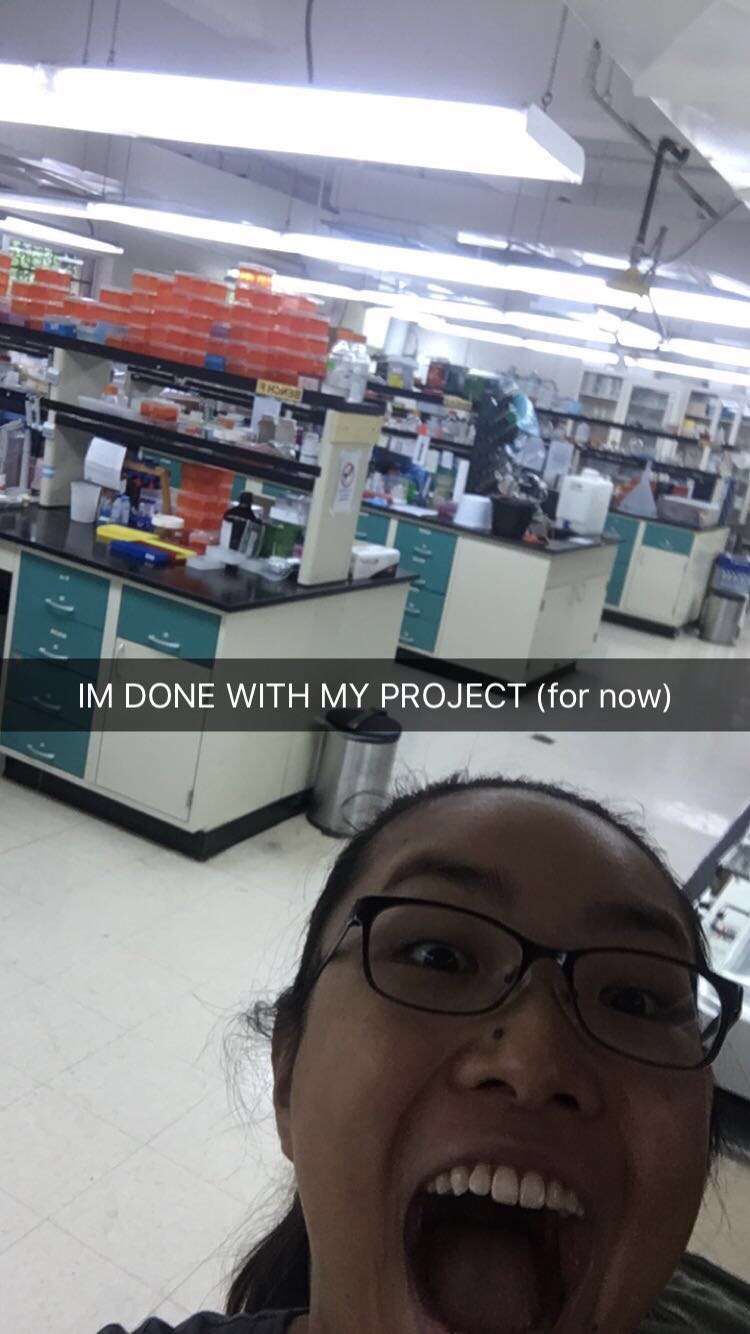This is a mandatory blog post for the Wagoner Foreign Study Fellowship. I am supposed to write a letter offering advice to my former self before I left for my trip. I also wrote this two weeks ago.
Dear past Elaine,
The worst and best is yet to come. I know you have been daydreaming about this trip and experience for a very long time, but don’t expect it to be as magical as your study abroad trip last time you were here. That was a program designed especially for university students to learn, and this time around, doing science in Panama will not feel so personalized Unfortunately, you will not be super integrated into the culture of Panama unless you spend a lot of personal energy trying to create that kind of connection. You will engage in some conversations with the locals, but you’ll crave reading a book on the cultural history of Panama. Most days, you’re going to feel as if you’re only valued for the manual labor you are able to contribute. You’ll feel like no one cares about how you feel and only about how you perform. You won’t be able to take days off without feeling uncomfortable since everyone is left to pick up your slack, and you’ll end up with a pit of extreme guilt sitting in your stomach.
You are going to cry a lot because you want everything to be perfect. Everything is going to intimidate you, even though they are very basic skills that other people in your field find extremely straightforward and easy. You’re gonna mess up (very early on, in fact). You will spend time thinking about how incompetent you are in a field you’ve been wanting to do your entire life. You’ll even doubt if you want a career in marine science, or if it was all one big daydream you’ve just managed to keep up your whole life.
You are going to understand so much more what it means to be a scientist- both physically and mentally. Both are important, but you are going to find that the mental strength will be hard to develop. Please, stop taking everything so personally. Your project and data are yours, but some of it is out of your control as to whether or not it will work. You could do everything perfectly and come up with no results. If you fail, it will be okay. But you know that your drive will get you through most of the harder times. Once you stop caring about what other people think about you, even if they are in a position of power, you will be so much happier. There is only so much you can do to change the results of your project up to a certain point, and the same thing happens with peoples’ perceptions of you.
Practice gratitude often, but also stop feeling like you are constantly an inconvenience to people. Recognize that your mentors agreed to help you, and asking questions and doing things slowly are all a part of the process. Do not boss people around, but reasonably expect people to take some of their time to help you. Remember to thank them, and help them later when they need it. The environment that labs create can be harsh and feel unreasonably ruthless, but you just need to be the bigger person, always smile, and remember what a great opportunity this is for you. Treat everyone with not just respect, but kindness. You’re also going to be surprised at how willing your co-workers are to listen to your fears, problems, and ideas. You’ll never call them co-workers because they will all become great friends who have shared a very unique summer with you.
All in all, don’t sweat the small stuff, even when it feels like too much sometimes. Rise to the occasion, you know you can! YOU WILL MEET YOUR GOALS BECAUSE ETHEY ARE REALISTIC BECAUSE YOU CAN DO IT!!
Cheers,
Future Elaine
